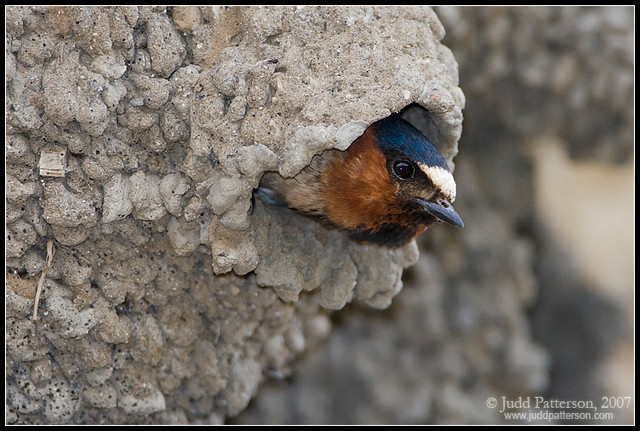
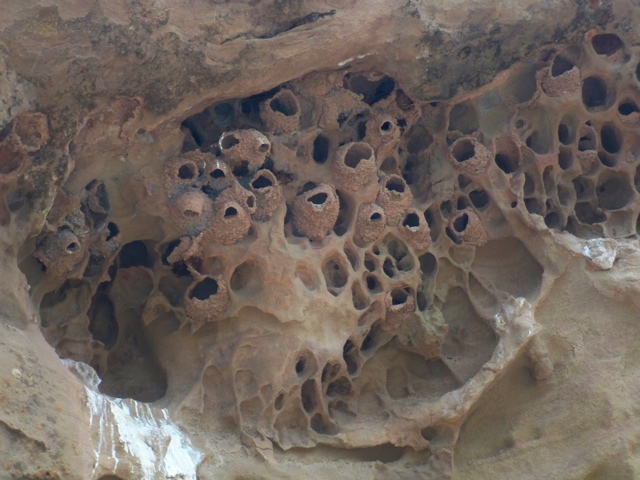
swal·low 1 (swŏl′ō) v. swal·lowed, swal·low·ing, swal·lows v.tr. 1. To cause (food or drink, for example) to pass through the mouth and throat into the stomach. 2. To
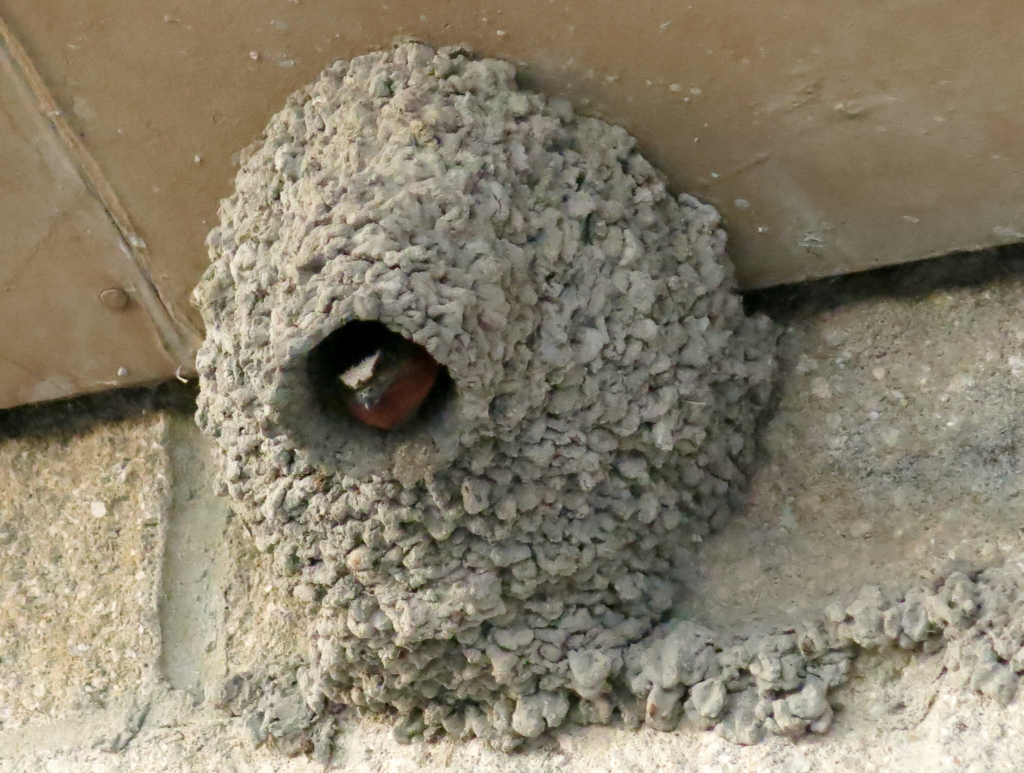
A bird nest is the spot in which a bird lays and incubates its eggs and raises its . Although the term popularly refers to a specific structure made by the bird itself—such as the grassy cup nest of the American robin or Eurasian blackbird, or the elaborately woven hanging nest of the Montezuma oropendola or the village weaver—that is
Behavior. Cliff Swallows are the most colonial swallow in the world, regularly forming colonies of 200-1,000 nests, with a maximum of 3,700 nests in one Nebraska site.
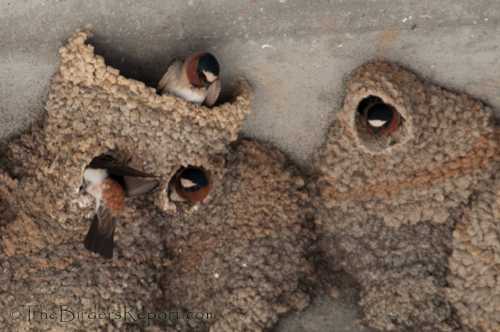
Swallow Identification. Cliff swallows and barn swallows are slender, sleek birds that spend their spring and summers in North America. Swallows are very territorial and will return to the same nesting site over and over.
British birders simply call it THE swallow. They may have a point. Among nearly 90 species in its family, the Barn Swallow is by far the most widespread and abundant. It nests across North America, Europe, Asia, and North Africa. And in the winter, it heads south, taking up residence throughout


The Story of San Juan Capistrano’s Mission Swallows
The barn swallow is about six inches long and has a dark slate blue head and wings. It has a dark rusty orange throat and forehead and a paler orange chest and underside.
This family is comprised of swallows and martins which are characterised by their adaptation to aerial feeding. The name “martin” tends to be used for the squarer-tailed species, and the name “swallow” for the more fork-tailed species; however, there is no scientific distinction between these two groups.

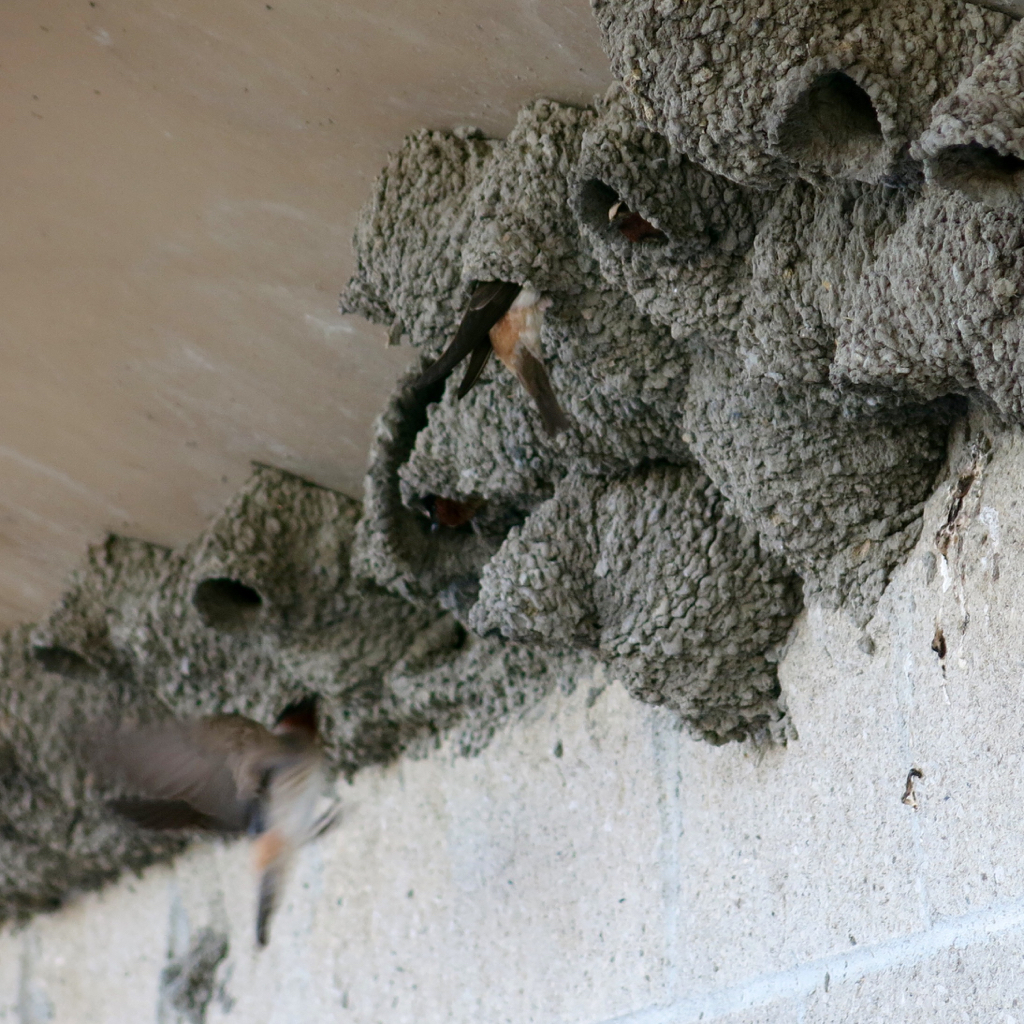

Swallows are excellent flyers, and use these skills to feed and attract a mate. Some species, like the mangrove swallow, are territorial, whereas others are not and simply defend their nesting site.
